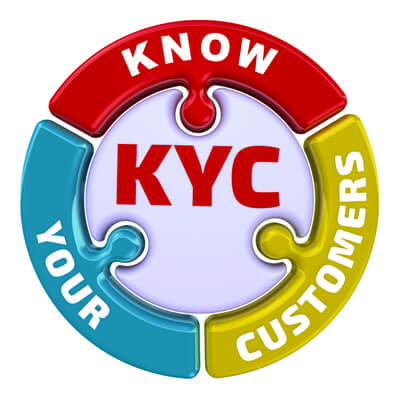
A business is born when a customer demonstrates a need and I you're there to meet it. Just having the goods isn't sufficient.
At the beginning, there's a customer with a desire. "The purpose of a business is to create and keep a customer," says Harvard University marketing expert Theodore Leavitt.
Indeed, "a business opportunity occurs when there's a problem to be solved or a need to be met," says David McNally, author of Even Eagles Need a Push (Eden Prairie, MN: Transform Press, 1990). "The entrepreneur seizes the opportunity and produces a product or service that will solve the problem or meet the need. The key ingredient to the success of the business, however, is the ability to attract and retain customers. Without customers, absolutely nothing else is possible, nothing else matters."
You may have a picture in your mind of who your first customer will be. Better yet, you may have already identified your second and third customers. It could be someone you're already working with, or have another relationship with even in a context unrelated to the service or product you intend to provide. It could be the company you currently work for, and to whom your new company will become a supplier. Or, it could be a mass of unknown individuals, in a market you know for another reason, or in a market you know almost nothing about.
You may think you know who your customers will be, but later find out they're someone else. This can rattle your board of directors, but can also be a happy discovery of an additional or expanded market you hadn't expected to reach. Stephen Campbell, owner editor of the Home Business Review in Austin, Texas, left a career of writing at major corporations to publish what he thought would be a local publication about home employment. In just its fourth year, Home Business Review has gone national with 19,000 far flung subscribers, and is accessed more than 3000 times a day from around the world on its World Wide Web site.
You may have no idea who your potential customers are, or will be. You may have a great product that you're considering distributing, either on a wholesale or retail basis, but haven't yet decided which to pursue. In that case especially, and in general for all of the above circumstances, it's time for market research. Ask questions like:
Your answer to the last question will help you decide whether you've investigated your potential customers sufficiently, and whether more research is needed. The size and nature of the audience will determine your technique.
"You'd be surprised how many business plans I review where people have never gone out and talked to their prospective customers," says Wendell Dunn at Wharton. "They made a lot of assumptions about why people should buy the product, but they've never bothered to go out and talk with, say, 15, 20, 25 people who would be exactly the kind of person they would want to have as customers." Why will they buy from you? Find out.
Have you analyzed your likely competitors in this market? List them and note their strengths and weaknesses. Provide any information or insight available about how they're doing. But be careful when criticizing competitors in your business plan; it may not reflect well on you.
"When you first write your plan, you'll probably take a dig or two at your competition," observes Paul Hawken. "Be relentless in editing it out. It's the degree to which you know and understand the competition that speaks well for your plan, not your distaste or feeling of superiority. Ironically, the reader will learn more from this section about your character than about the character of the competition."
Key to describing the competitive setting for your enterprise is explaining how you'll distinguish yourself from the competition (or, if there is no competition, move your customers /from the status quo). As the old saying goes, you can provide customers with two of the following qualities: good, fast and cheap" (inexpensive). Customers can't have them all. My advice is to make "good" your top priority, "fast" second and "cheap" the one you can't get to.
How will you reach them? Marketing 101. What's your action plan for getting your product or service in front of buyers, and how will you turn prospects into paying customers?
"Selling strategy is a serious weakness in many business plans," says William J. Stolze, author of Start Up, An Entrepreneur's Guide to Launching and Managing a New Business (Hawthorne, NJ: Career Press, 1994). Be specific about how you'll sell your services, and describe your distribution channels and how you plan to use them.
What will affect demand? Before leaving the essential focus on customers and their needs, provide any other information here about their buying patterns that may be relevant. Are there seasons or cycles of demand? What influences purchasing decisions? How important is price?
